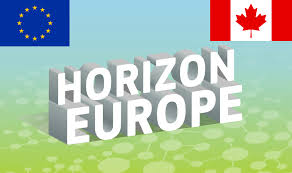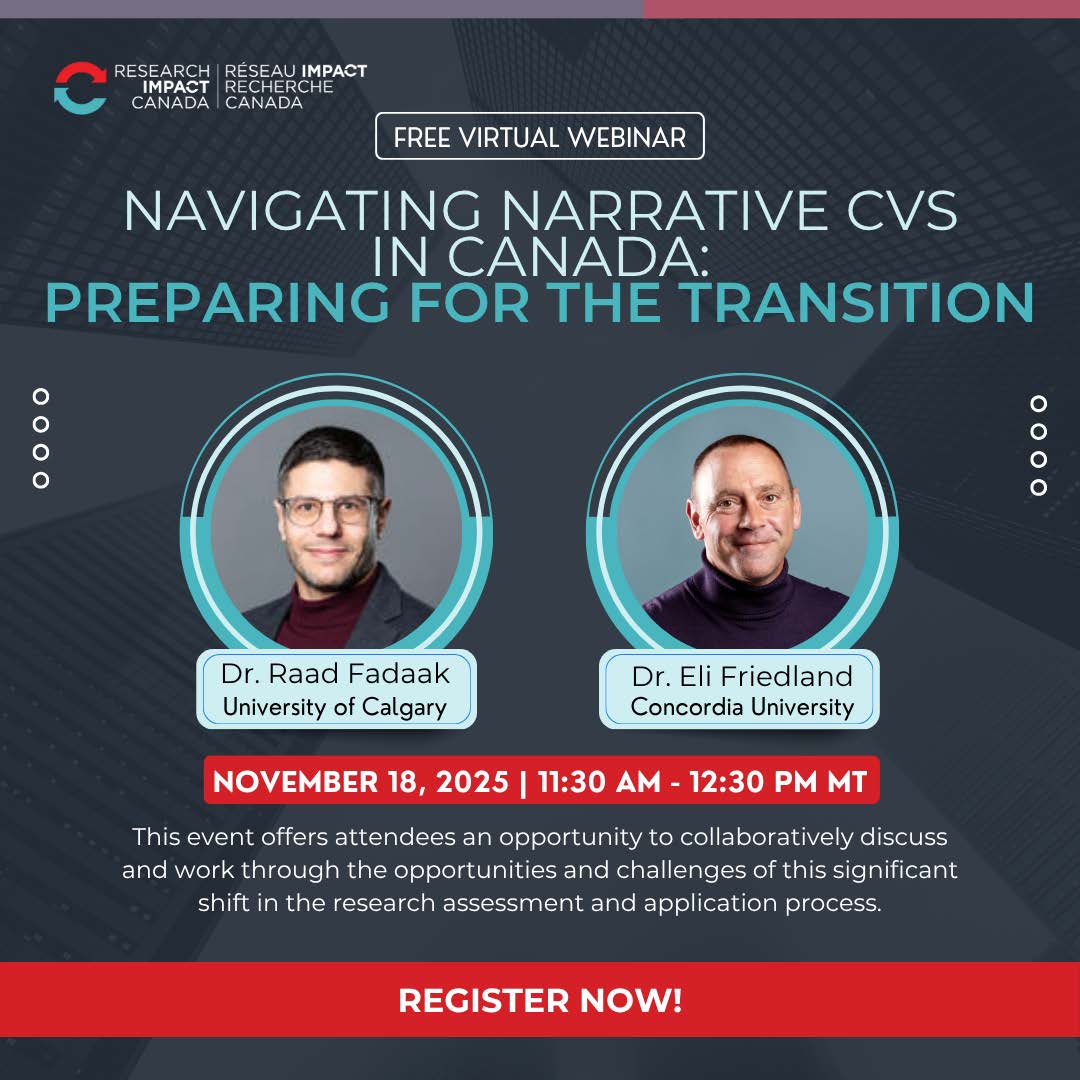Registration deadline: Sunday 16 November, 2025.
This matchmaking webinar brings together organizations looking to write proposals for Horizon Europe Cluster 4 calls for 2026 in mining/minerals and circular economy.
This event aims to facilitate collaboration opportunities and partnerships with organizations in Finland, Canada, Sweden, and Germany. These countries have long traditions in mining and can significantly contribute to the green transition via collaborative international research and innovation projects.
Target group
Possible applicants for Horizon Europe calls 2026 interested in raw materials, mining technologies and/or circular economy.
Agenda
After a short welcome, participants will switch into breakout rooms according to their interests. Presenters in each breakout room will pitch their organization or project idea. Each session will be chaired by a National Contact Point.
The event will be held in English only, but captioning will be available in the language of your choice and the event will not be recorded.
Preliminary work programme
§ HORIZON-CL4-2026-01-MATERIALS-PRODUCTION-04: Optimise the use of resources in a circular economy (RIA) (Processes4Planet and Clean Steel partnerships). The topic aims to optimise the efficiency of material, water, and energy use by recycling and upcycling production side streams and end-of-use waste. Material production becomes less dependent on imports and / or non-renewable materials by improving recovery along the value chain, and by developing and upscaling low-carbon processes to recover materials.
§ HORIZON-CL4-2026-01-MATERIALS-PRODUCTION-11: Innovative technologies and tools for exploration and data modelling of raw materials (RIA). Actions should develop and deploy advanced geological modelling and mineral system analysis using multi-source data from ground-based and remote-sensing techniques to develop high-resolution 3D models of mineral deposits. Integrating new and conventional methods will help accurately predict the location of mineral deposits of critical raw materials and their carrier minerals.
§ HORIZON-CL4-2026-01-MATERIALS-PRODUCTION-12: Technologies for innovative extraction of critical raw materials (RIA). Actions should develop new sustainable concepts and technological solutions, including alternative approaches, for mining of complex or difficult to access mineral deposits. This includes those in abandoned mining sites, while addressing accessibility, efficiency, industrial viability, safety, and environmental and health impacts.
§ HORIZON-CL4-2026-01-MATERIALS-PRODUCTION-14: Improving availability of secondary raw materials through recycling (IA). This topic focuses mainly on critical raw materials (metals). Actions should demonstrate new or improved systems in the EU to develop material-efficient, high-quality recycling of raw materials and improved resource efficiency. Actions should focus on the whole chain of recycling processes and procedures: collection, logistics, characterisation, disassembly, separation, shredding, sorting, cleaning, refining and purification of secondary raw materials, and quality of produced outputs.




 Research Impact Canada is offering a free, public, virtual webinar on "Navigating Narrative CVs in Canada: Preparing for the Transition" this month! This interactive session will happen on November 18, 2025 at 11:30 AM - 12:30 PM MT and is focused on the transition of narrative CVs in Canada. You are welcome to invite your colleagues and other interested folks!
Research Impact Canada is offering a free, public, virtual webinar on "Navigating Narrative CVs in Canada: Preparing for the Transition" this month! This interactive session will happen on November 18, 2025 at 11:30 AM - 12:30 PM MT and is focused on the transition of narrative CVs in Canada. You are welcome to invite your colleagues and other interested folks!